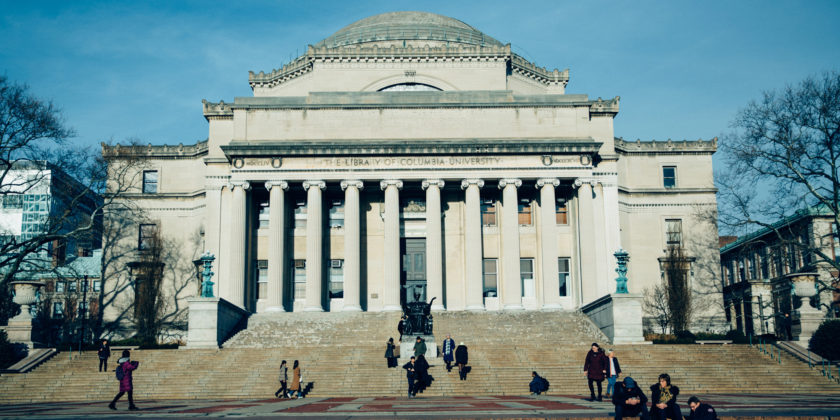In an op-ed published in Inside Higher Ed, David Blobaum, the director of outreach for the National Test Prep Association and the co-founder of tutoring company Summit Prep, argues that it is in college hopefuls’ best interests to submit test scores, even if a school does not require them.
When accepting – or rejecting – applicants, admissions departments cite often-clandestine “institutional priorities” having to do with students’ backgrounds or areas of expertise. According to Mr. Blobaum, however, “Rhetoric and reality often diverge.”
He contends, unequivocally, that “test-optional institutions have a preference for students with high test scores” and that students applying to test-optional colleges and universities are less likely to be admitted if they do not submit test scores. “If a college does not value SAT or ACT scores, then the college would not use those scores.”
Citing data from Dartmouth’s watershed report, which led the institution to return to test-mandatory admissions, Mr. Blobaum argues that traditionally marginalized students have the most to gain from submitting test scores: “a disadvantaged student with an SAT score between 1450 and 1490 is 3.7 times more likely to get admitted if they submit their score than if they withhold it.”
To support his argument, Mr. Blobaum explores a few key examples of elite institutions that recently were or currently are test-optional:
- Yale had a three times higher admit rate (6 percent vs. 2 percent) for students who submitted test scores over the past several years compared to those who didn’t.
- According to Cornell’s internal research, “submitting test scores significantly increases the likelihood of admission (to its) test-optional colleges.” The institution labeled it “prudent” for students to include test scores with their application package.
- Even though Duke claims that choosing not to submit SAT or ACT scores “will not impact (a student’s) admissions decision,” 81 percent of newly enrolled students at Duke submitted some combination of SAT and ACT. Furthermore, Duke’s admission website goes as far as advising students to “buy a study guide and begin taking practice SAT or ACT tests.”
These examples are compelling, and make clear that standardized test scores can certainly act as key differentiators between candidates who are otherwise qualified for limited class seats. These differentiators are particularly important for hyper-selective schools where the ratio between applicants and enrollment offers is especially stark.
Mr. Blobaum approached this topic with an eye toward the most elite institutions; his observations, therefore, despite their potential relevance at Ivy Plus schools, may not capture the admissions landscape at less selective—but still excellent—colleges and universities. Furthermore, Mr. Blobaum’s argument sometimes strays from hard data; he, perhaps controversially, claims that admissions departments “often outright lie” and bases some of his reasoning on the fact that “it is just common sense.”
Source: Denied? That Top College Lied (Inside Higher Ed)
*Stay in the know! Subscribe









